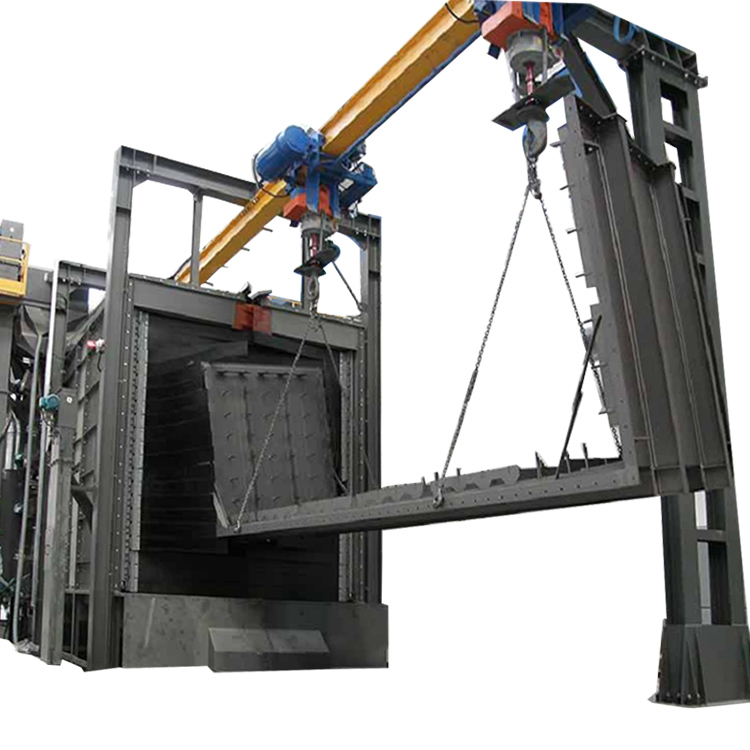Improve fatigue strength
Shot peening is a process specially designed to increase the fatigue strength of components subjected to alternating stress.
A tensile residual stress is generated in a surface treatment process or a heat treatment process such as grinding, milling, and bending. This tensile residual stress reduces the component life cycle. Shot peening can convert tensile residual stress into residual compressive stress, which greatly increases the life cycle and maximum load capacity of the part.
Shot peening mechanical principle
Shot peening is a cold working process used to create a residual compressive stress layer to improve the mechanical properties of the metal. Shot peening uses shot blasting (round metal, glass or ceramic particles) to strike the metal surface with a force sufficient to produce plastic deformation. The use of shot blasting can plastically deform the metal surface to alter the mechanical properties of the metal surface.
The main benefit of shot peening is to delay or prevent cracking in highly tensile stress alloy components.
We can transform these poor manufacturing and handling tensile stresses into residual compressive stresses that increase service life, extending component life.
This process produces residual compressive stress on the surface of the component. Compressive stress helps prevent cracking because the crack cannot expand under the compression environment created by shot peening
The benefits of this process have been proven, such as the use of relatively short-lived components (such as F1 racing cars) under high-stress conditions, as well as longer-lasting and more stable key components used in aircraft engines and structural components.
Post time: May-19-2020
